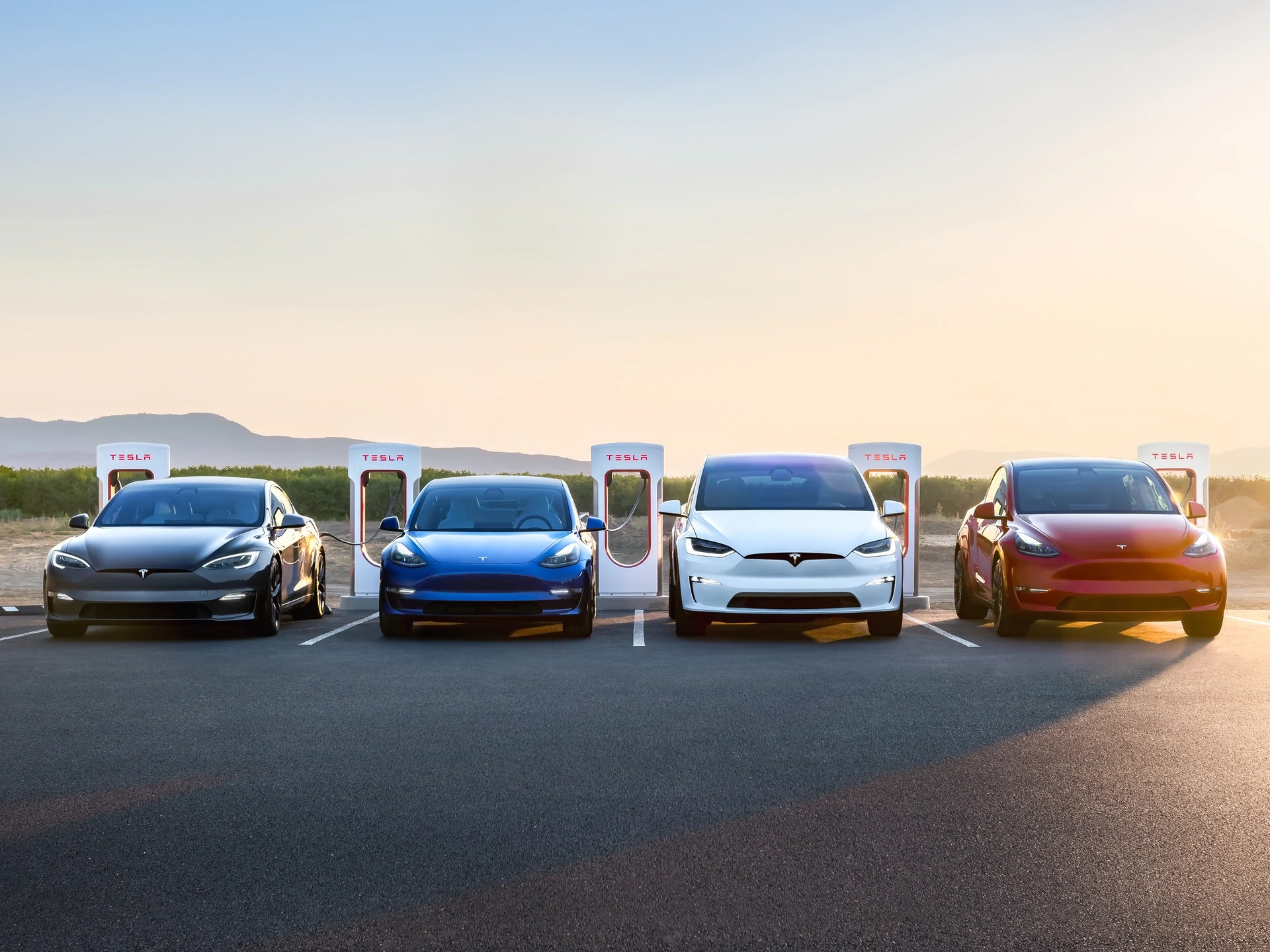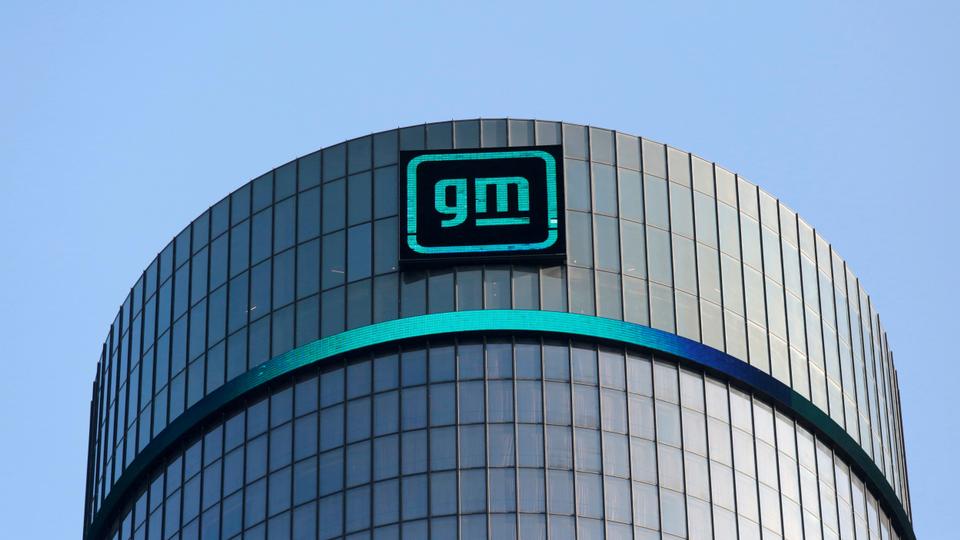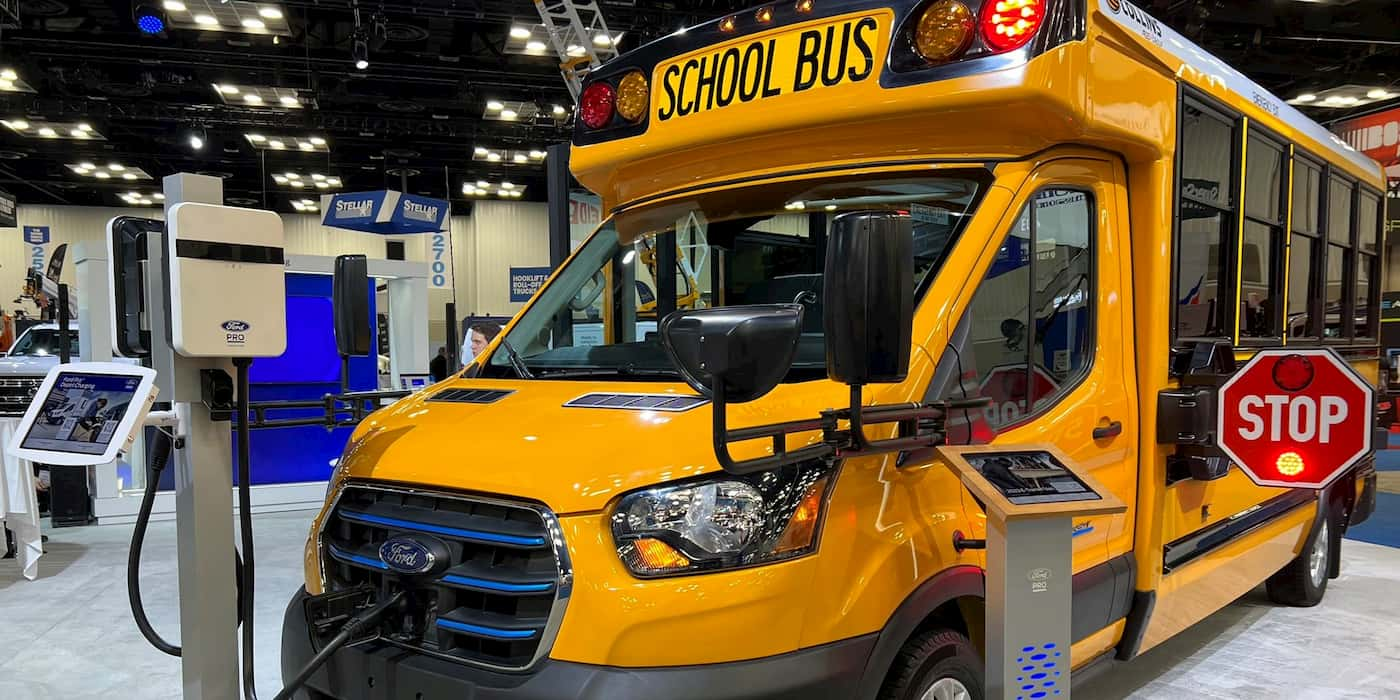The National Highway Traffic Safety Administration (NHTSA) has announced that it is investigating the Tesla Model Y over a potential issue after two vehicles had their steering wheels fall off while driving. This development marks yet another potential setback for the electric car maker, which has already been hit by multiple recalls in the past year.
According to a report released by the NHTSA, both incidents of steering wheel detachment occurred on 2023 Model Y vehicles. The Office of Defects Investigation (ODI) has confirmed that both affected vehicles were delivered to the owners missing the retaining bolt (P/N1036655-00-A), which attaches the steering wheel to the steering column.
Tesla has been in communication with the NHTSA and has confirmed that both vehicles had undergone an “end-of-line repair” that required the removal of the steering wheel. The NHTSA report states that a friction fit maintained the connection between the steering wheel and the column splines during operation until separation. Sudden separation occurred when the force exerted on the steering wheel overcame the resistance of the friction fit while the vehicles were in motion. Both known incidents occurred at low vehicle mileage.
See also: Tesla Recalls 3,470 Model Y Vehicles in the US Over Loose Seatback Bolts
The NHTSA is still working with Tesla to determine the scope of the manufacturing issue and whether it affects more vehicles. If it is determined that a larger number of vehicles are affected, a safety recall may be necessary. This potential recall would be a physical one, as it is a manufacturing issue rather than a software issue.
Tesla has faced numerous recalls from the NHTSA in the past year, but most have been resolved with over-the-air software updates. This approach has led some Tesla fans to criticize the use of the word “recall” in those cases. However, this latest issue with the Model Y would require a physical recall and repair.
Tesla has not yet made a public statement about the investigation, but the company has faced scrutiny in the past over quality control issues. This latest incident may further damage the company’s reputation if it is found that the issue affects a larger number of vehicles.







